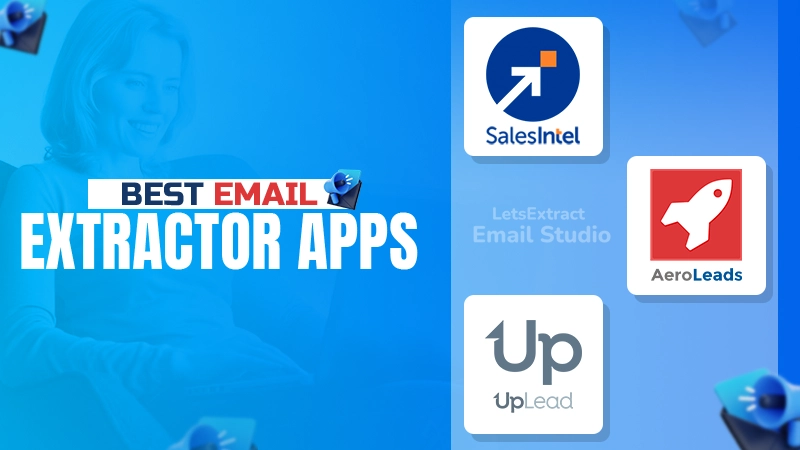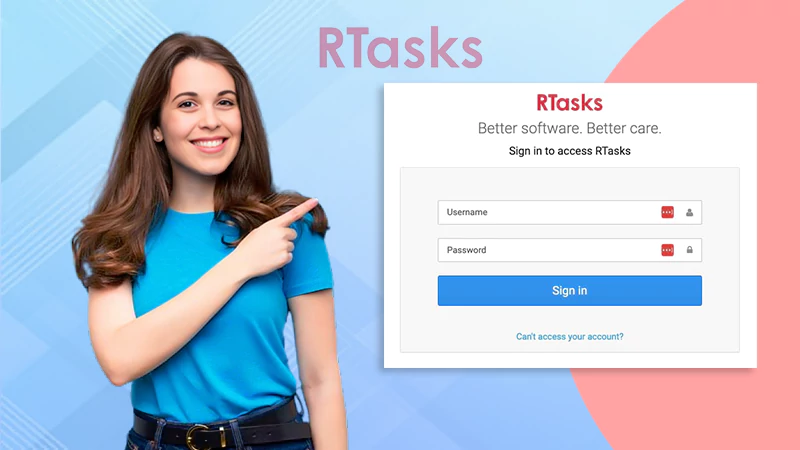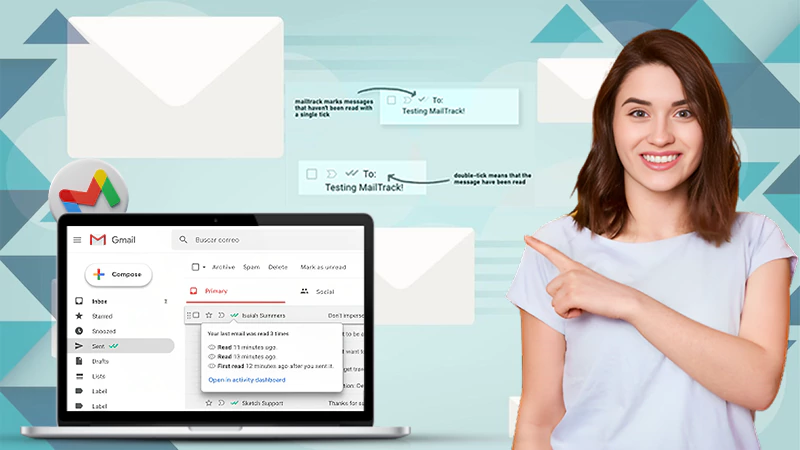8 Questions to Ask a Web App Pentesting Provider
When you are looking for a web app pentesting provider, there are many things to look at. You want to make sure that they have the right skillset for your project. Web apps can be complicated and require someone with in-depth knowledge of security vulnerabilities and how to fix them.
Read This Also: Automated Tests for Web Applications
We will discuss 8 questions you should ask when interviewing potential providers so that you find the best fit for your business.
Question 1: Who Will be Doing the Work?
Make sure that whoever you choose has a strong background in web app pentesting. You don’t want to hire someone who doesn’t know what they are doing just because they have experience with other types of applications, like network testing or mobile apps.
Web application security is complicated and requires knowledge about things like cross-site scripting (XSS) vulnerabilities, SQL injection attacks, secure coding practices, OWASP top ten weaknesses i.e., OWASP pentesting, and more! Look for providers that can show examples of past projects similar to yours – this shows their skills and expertise working on projects where there were high stakes involved.
Question 2: What Does Your Service Include?
It’s extremely important to make sure you understand exactly what services are included in the price. The web app pentesting industry has become very commoditized and providers will charge different prices for the same services (which is why you must ask these questions).
Make sure that your provider includes things like penetration testing, vulnerability scanning, source code review, documentation of findings, remediation guidance, and more in their base price – otherwise it’s just not worth doing.
Question 3: Minimum Timeframes Required?
Many factors contribute to how long an application security assessment takes depending on what type of applications it is and who does the work. For example, manual pen tests take longer than automated scans so if you want both types included make sure they know upfront or you may be paying double.
If there are specific components that require extra scrutiny then this can also increase the amount of time it takes. For example, there may be a need to test for OWASP top ten vulnerabilities if this is part of your security policy and you want them all checked, or it is likely that they will take more time than others.
Question 4: Is Everything Included?
You don’t want to get halfway into an engagement with a provider only to find out that you need something else (and then have to start over). This can happen sometimes when providers offer different packages at different prices which seem like good deals but aren’t actually what you’re looking for – make sure they know exactly what services are required upfront so as not to waste either party’s time.
Question 5: How Do We Communicate During Testing?
How information is delivered during the assessment is really important. You need to feel comfortable with your provider’s communication style so that you can ask questions when necessary and get updates on progress throughout the engagement. Providers usually offer both phone and email support – make sure they include these as part of their service description upfront so you know what will be available for support.
Question 6: Any Limitations?
It’s extremely common nowadays to have a limited amount of access to external resources such as databases, cloud infrastructure or APIs which must be considered before testing starts since it could affect how thorough an application security test can be performed (and therefore may invalidate findings). Some providers charge extra fees if certain conditions apply but many simply do not perform deployments at all due to a lack of resources internally. If this is something that you’re concerned about making sure to ask up front.
Question 7: What Happens After Testing?
One of the most important things to remember when choosing a pentesting provider is what will happen once everything has been completed. Some providers simply send over screenshots and reports with recommendations for remediation, while others provide full management of vulnerabilities including communication with developers on fixing them – it really depends on your preference so pick wisely!
Finally, don’t forget to think about payment terms – do they have an open line of credit, or are invoices required upfront? Will there be extra fees if changes need to be made during testing (like additional rounds)? Make sure all these questions are answered before moving forward.
Question 8: Do you provide a Pentesting certificate?
Most of the pentesting services or solution providers do not offer an industry-recognized pentesting certificate after successful completion of the penetration testing for your web application. The pentesting certificate allows you to tell your customers that your web application is safe to use and the data stored in it is well-protected from any hacking attempt or a data breach. Further, a publicly verifiable pentest certificate can get you more new customers if you showcase to them that your platform is immune to cyberattacks.
Summing Up…
Web app penetration testing is an integral part of any company’s digital security strategy. Choosing the right provider can mean all the difference in keeping your data safe and secure.
Next, you can read about: 7 Questions About Accessibility for Your Web Developer
Strategies of Implementing DevOps for Success
The Top 5 Email Extractor Apps of 2024
How Can QR Codes Simplify Your Daily Routine:…
All-Inclusive Guide on RTasks Login at RTasks.Net!
SPYX Review: The Ultimate Spy Tool for Worried…
From Exams to Exercise: How Health and Wellness…
Spotify Receiptify: Learn How to Create & Share…
Unlocking the Power of Money Transfer: Simplifying the…
Secure and Swift: Exploring Online Money Transfer Options
What Is Spotify Color Palette, How to Create…
Maximizing ROI: Tips for Cost-Effective Direct Mail Campaigns












